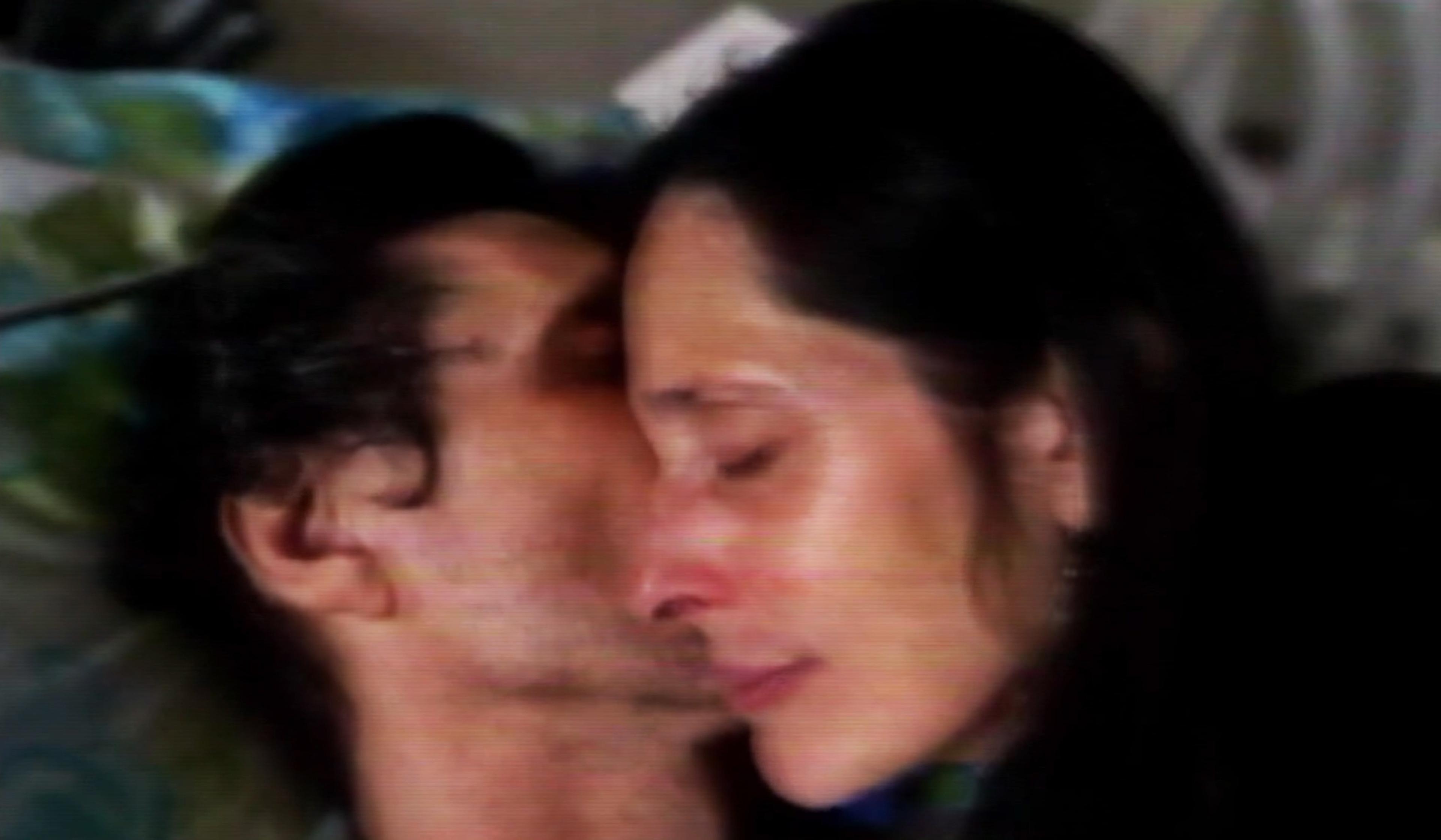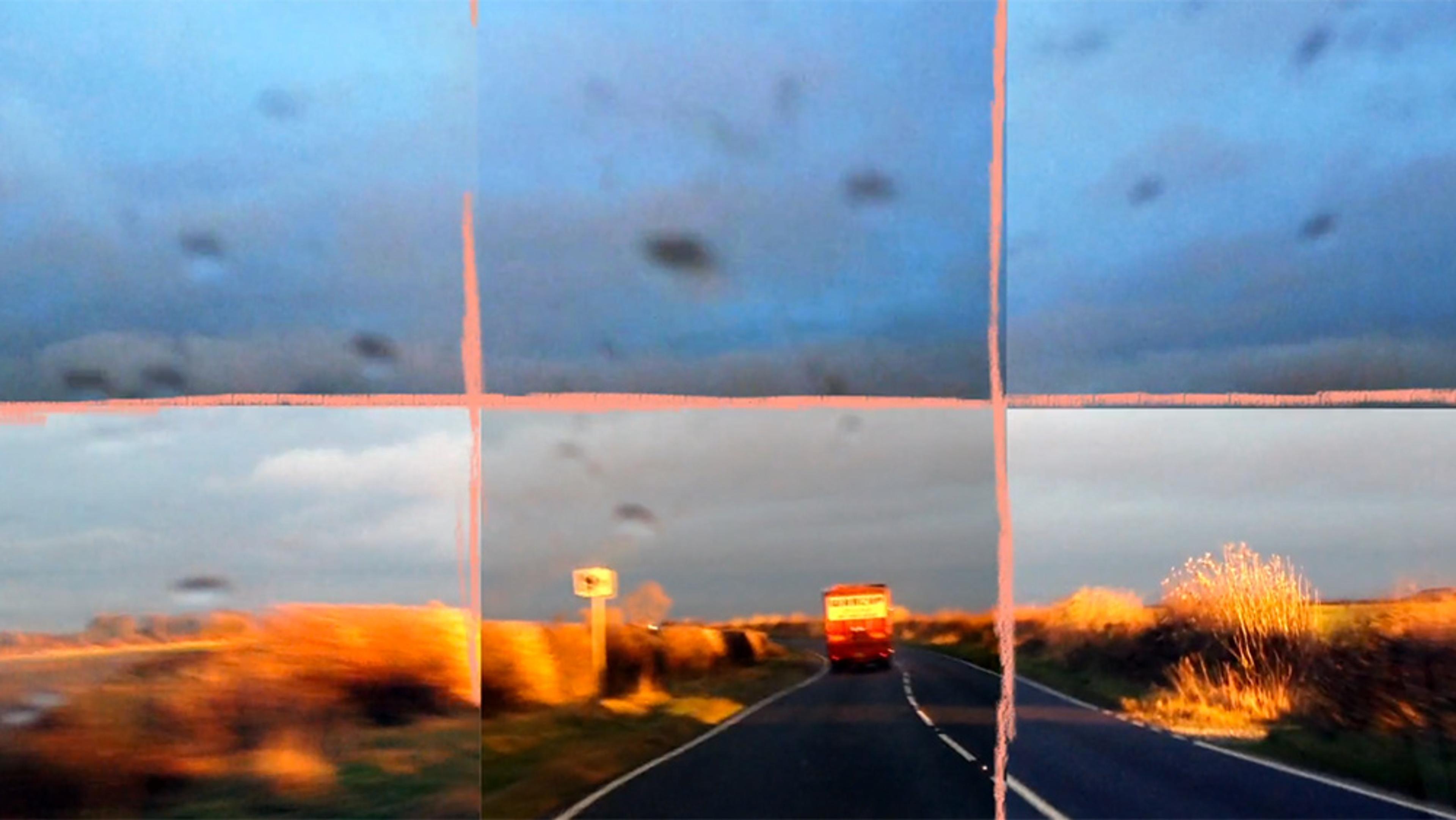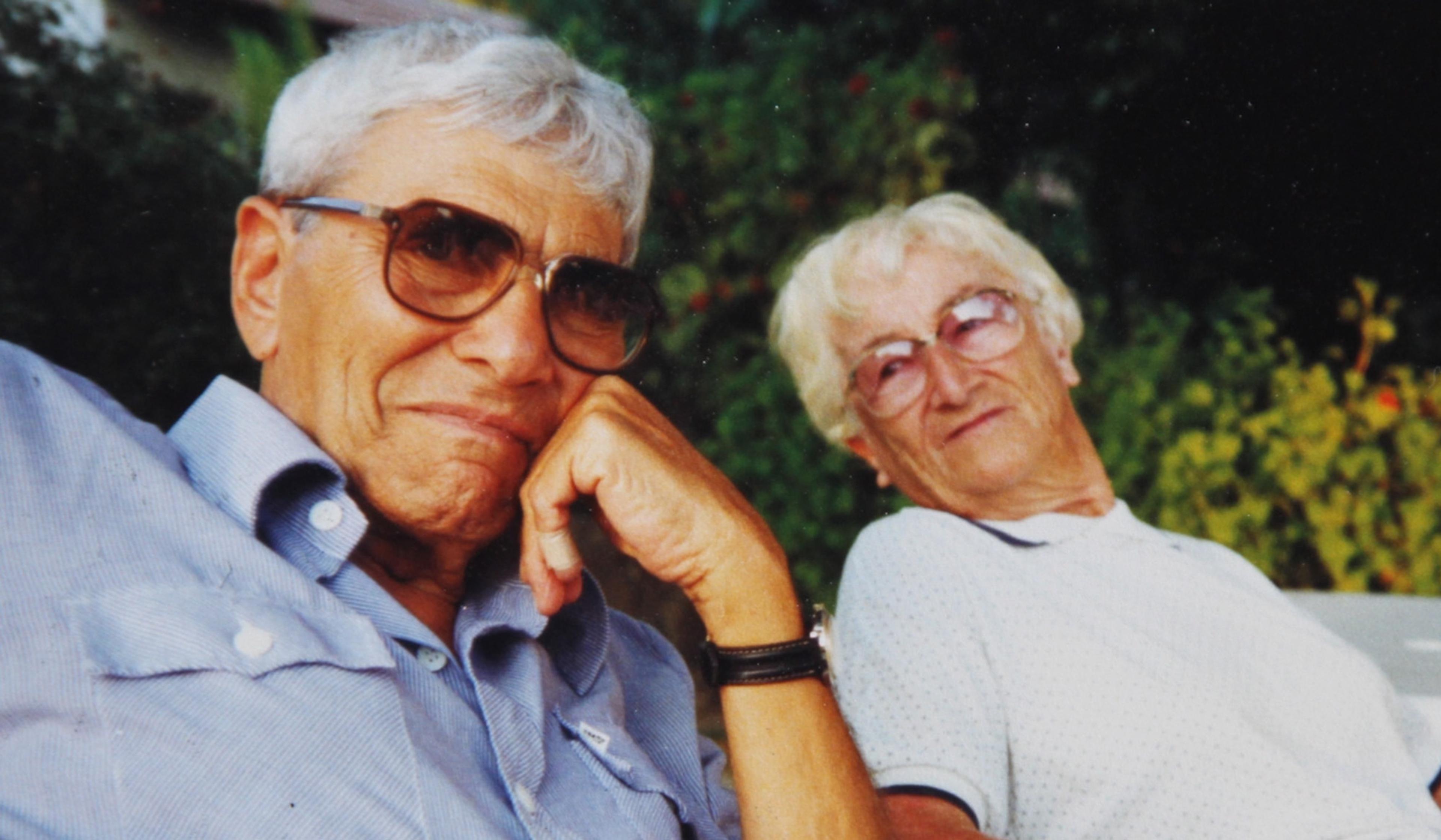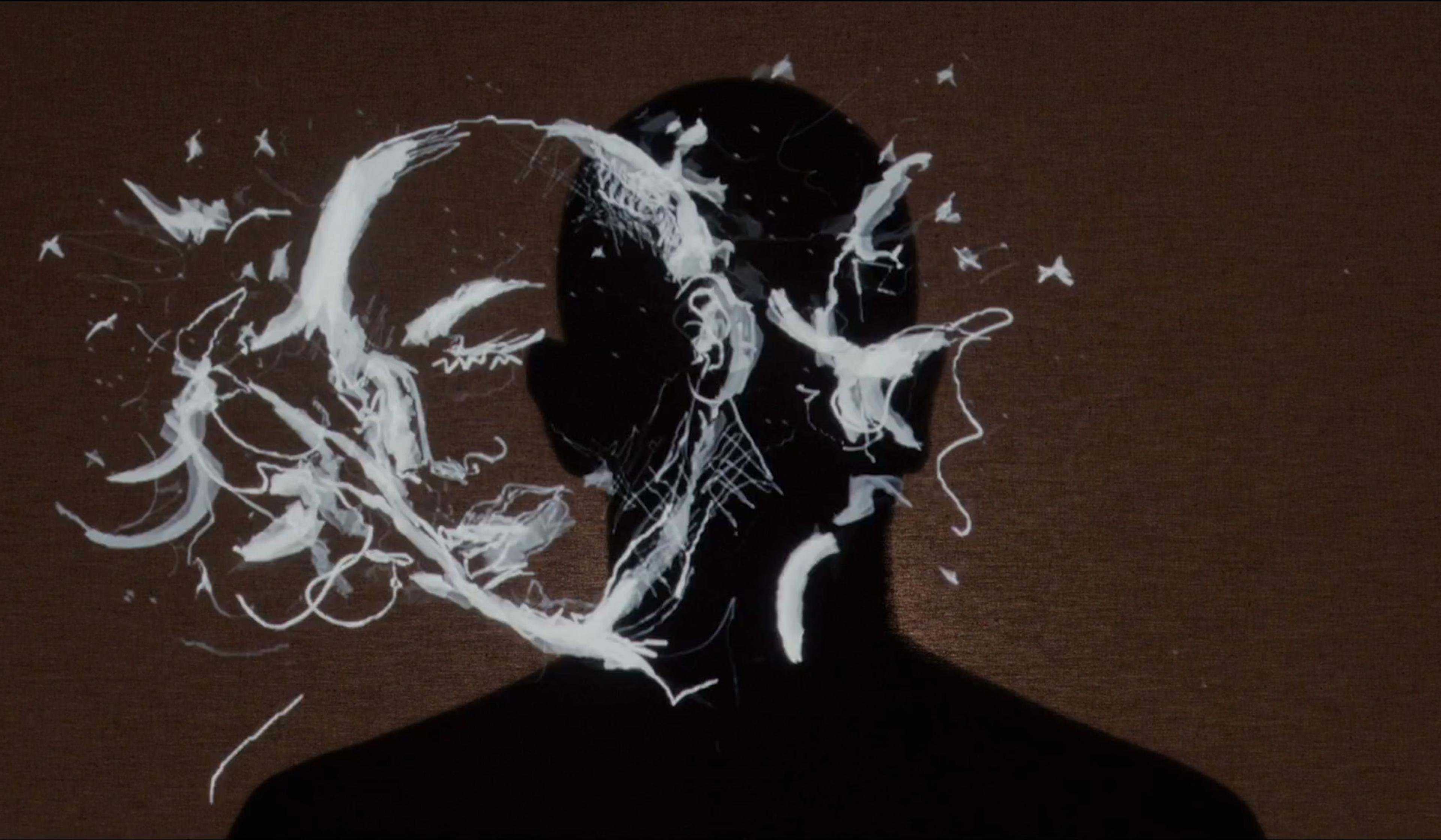While travel was severely restricted during the COVID-19 pandemic, the US filmmaker Meg Walsh was unable to visit their father, who was experiencing worsening memory loss. By the Time I Reach Him is shaped by this moment of physical and emotional distance between the two. Featuring audio recorded from a phone call in which Walsh’s father forgot who they were for the first time, Walsh sets the disjointed conversation to contemporary footage, archival imagery and sporadic blank screens – all of it threaded together in black and white. Through this spare and affecting construction, Walsh evokes both sides of the experience: the often confusing, fragmented and erratic experience of losing one’s memory, and the feeling of seeing a loved one drift between the present and places unknowable. For a different take on the nature of memory, identity and selfhood in those living with dementia, read this essay.
A father forgets his child’s name for the first time in this poetic reflection on memory
Director: Meg Walsh

videoMood and emotion
‘Let me dream you into my reality’: memories illuminate an unthinkable isolation
12 minutes

videoBiography and memoir
As her world unravels, Pilar wonders at the ‘sacred geometry’ that gives it structure
20 minutes

videoConsciousness and altered states
What happens to our own memories when family elders start to forget us?
6 minutes

videoMood and emotion
A dreamy animated tale of grief, friendship and a road trip to David Hockney’s house
3 minutes

videoTechnology and the self
A haunting scene from ‘Minority Report’ inspires a voyage into time and memory
7 minutes

videoAgeing and death
When his elderly parents make a suicide pact, Doron struggles to accept their choice
19 minutes

videoGlobal history
After the fall of the Iron Curtain, a young couple discovers a strange, newly open world
18 minutes

videoMental health
The dark side of ego loss – what it’s like to disappear into depersonalisation
9 minutes

videoBiography and memoir
Do we need our memories when we can document virtually every aspect of our lives?
10 minutes